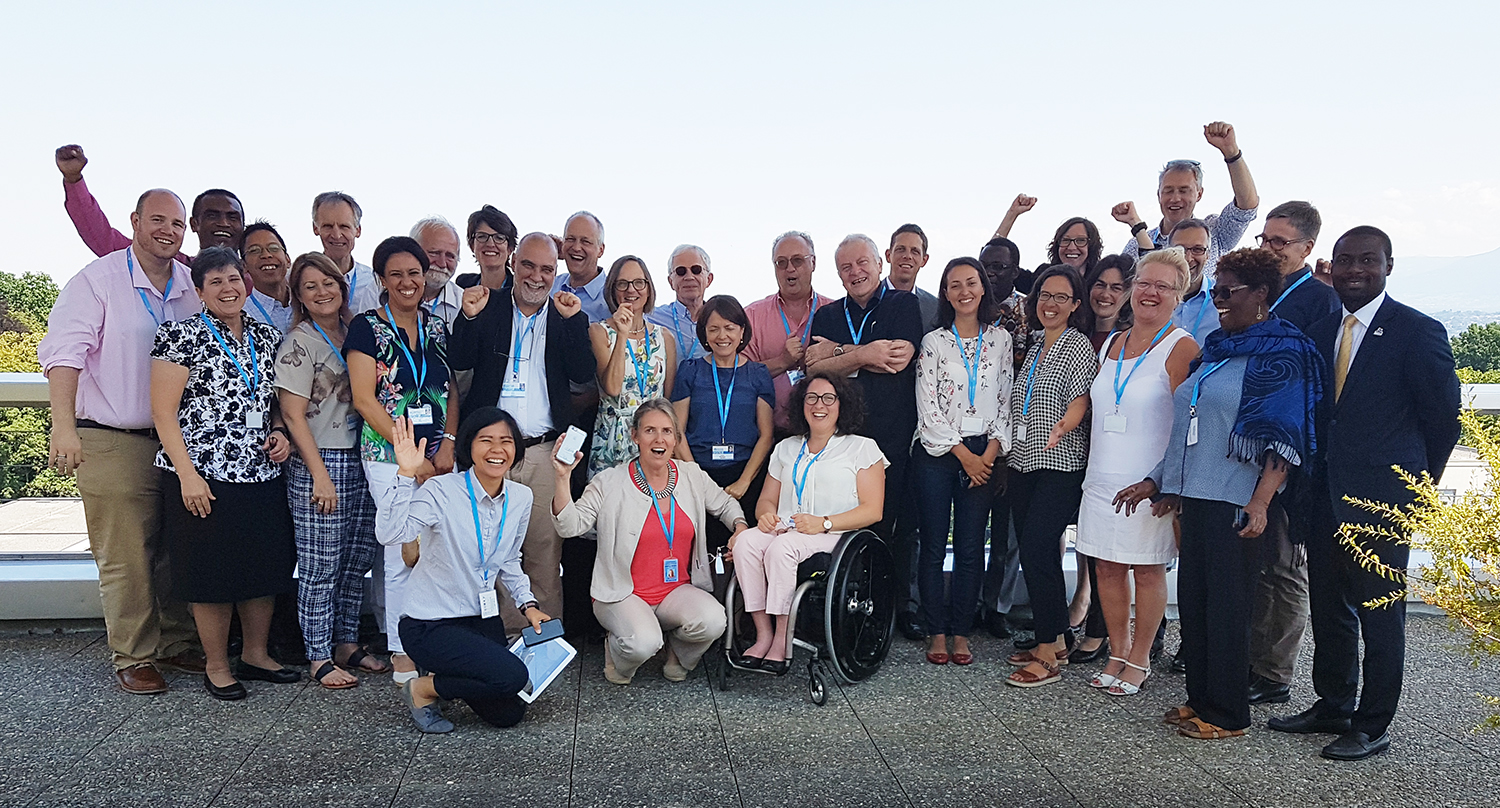
This month, Jeffrey Witte, President, represented the Alliance at the first meeting of the strategic advisory network on the creation of a Global Plan for Physical Activity organized by WHO.
He took with him inputs from Alliance members around the world, including People’s Trust Jaipur, India; Fundação Thiago de Moraes Gonzaga, Brazil; Project CARES, Philippines; and Society of Road Safety Ambassadors, Botswana.
The meeting included an overview of the interests and roles in leading and supporting the promotion of physical activity, presentation of a zero draft global action plan for physical activity, and small group discussions on the action plan with focus on objectives and draft actions by sector.
Physical inactivity is one of the leading behavioural risk factors for the leading causes non-communicable diseases. Conversely regular physical activity is associated with improved wellbeing, as well as enhanced social and mental health. However inactivity is on the rise in many countries, and globally one in four adults, and four out of five adolescents, do not meet the global recommendations. The aspirations for the plan are to: raise the political priority of physical activity, provide a clear set of actions and accelerate implementation, be relevant and usable by all countries, engage all key sectors and enable joint action, stimulate research and innovation to improve practice, create a social movement and culture change toward physical activity.
Members’ inputs highlighted areas where plans for promoting physical activity are hindered by the road environment or culture in a country. The main thrust of the feedback from members was the need for roads and transport to be designed for safe use by pedestrians and cyclists. These are currently lacking in many countries, especially in LMICs, leading to greater risk of road traffic injury and respiratory disease. It was also observed that in poorer countries walking and cycling are associated with poverty and rural living and the aspiration is to own and use motorized transport. In these countries, formal “exercise” is the problem of the rich. A draft for online consultation is anticipated at the beginning of August.
We are glad that the Alliance and its NGOs have been recognised as stakeholders in this consultation. It demonstrates the global public health context of what our members do and the expertise that they have in promoting safer, sustainable roads.